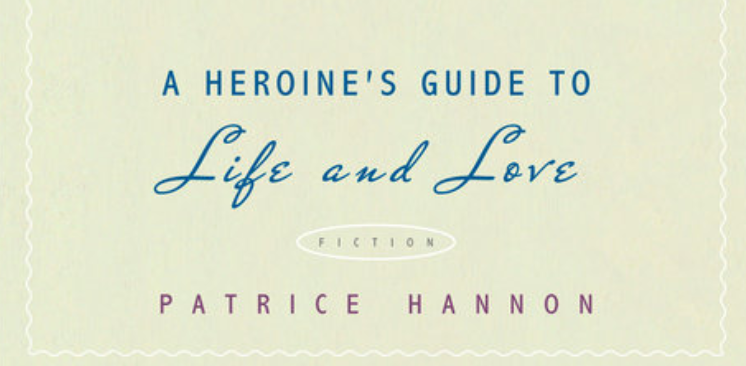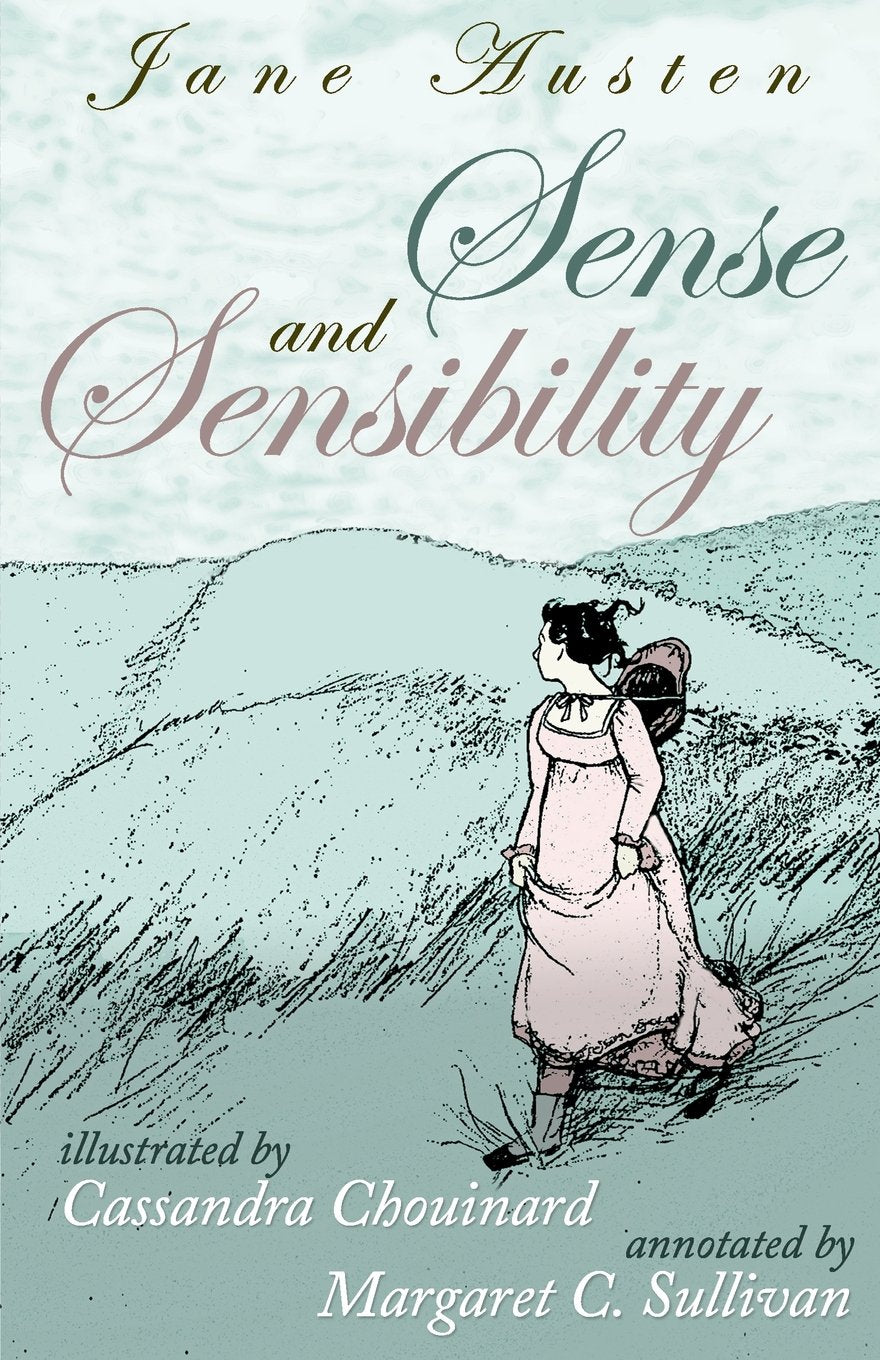In Defence of Edmund Bertram
 I would like to try to defend Edmund Bertram (Mansfield Park). The problem is that, while I think he is much more thoroughly and consistently developed than Edward Ferrars (Sense and Sensibility), the defense would have to be based on scattered passages, for the evolving consciousnesses of the books are those of the women. We've often talk of how we don't see sufficiently into Darcy's change of heart, into Captain Wentworth's revolution in feeling.
I would like to try to defend Edmund Bertram (Mansfield Park). The problem is that, while I think he is much more thoroughly and consistently developed than Edward Ferrars (Sense and Sensibility), the defense would have to be based on scattered passages, for the evolving consciousnesses of the books are those of the women. We've often talk of how we don't see sufficiently into Darcy's change of heart, into Captain Wentworth's revolution in feeling.
We are to admire Edmund and Edward for what they are from the time we meet them; though again, Edmund is an improvement on Edward, for he does evolve in front of us as his courtship of Mary Crawford proceeds, is stymied, and is finally brought to a dead close. What I like about Edmund is how, except in the case of Mary (Cupid is blind!), he doesn't miss anything, and his kindness is based on the subtlest of things, which is how it is in life. The little things count so. It would also have to be on moral grounds: he is good, kind, decent, absolutely loyal, unwilling to wound, sensible. This too is, I think, true of all Austen's heroes once we get to know them. There are also several long scenes between Fanny Price and Edmund which we lack in Sense and Sensibility; they go into the shrubbery too, like Emma & Knightley, and he makes the best case for Henry Crawford that anyone in the novel does, because he makes it based on Fanny's nature: his "cheerfulness" will "counteract" Fanny's tendency, let's say, not to be cheerful; "He sees difficulties no where; and his pleasantness and gaiety will be a constant support to you" (Chapter 35). He sees they are unalike, but Crawford has strengths Fanny lacks, which will help her and cheer her. He also finally looks at her to see (because she is under a real strain emotionally, to have to listen to this) "weariness and distress in her face, and immediately resolved to forbear".
Little phrases like this ring home. There is just so much more about Fanny, funny things too, as when she goes on about "the name Edmund. It is a name of heroism and renown -- of kings, princes, and knights; and seems to breathe the spirit of chivalry and warm affections" (Chapter 22). Boy, has she got it bad! Henry hadn't a hope; Austen does say outright that Fanny's was an absolutely "pre-engaged heart." Edmund loves Fanny but he has his limitations too. He cannot feel things he has not personally been made to feel. He guesses on Henry from a male point of view (he does not think what Fanny would suffer from yearly flirtations nor suspect what they might comprize); and after all, Fanny has not had a chance to get to know Henry and we are not sure what the future might have been. But she knows Mrs Norris. We know her. Over a long period of time and from many acts and words. Edmund himself never felt what it's like to be an outsider and treated the way Fanny has been. He is the one person I expected to stick up for Fanny, but he does not stand up for her when she refuses Henry. He should have her values, her insight, and strength to stand up for what he believes, if he is going to be the kind of clergy he was lecturing Mary Crawford about. Does he think gentlemen always treat their women as well as his father has? I know he has had a sheltered life, but it should have occurred to him that Henry might not be suitable for Fanny.
I'd like to suggest many are too hard on Edmund Bertram; he is self-centered; he sees the world in terms of his own desires and values, and nothing in his life has taught him to think himself insignificant, but he is no Mr. Collins. He is not witty, and doesn't know how to flirt and play lightly, but he is not a hypocrite, not a fawner, not a fool. I believe he is genuinely religious, and genuinely takes a religious view of sexual behavior; he is horrified at Maria and Henry's behavior. (Actually I get a stronger sense of horror from his words than Fanny's; Fanny seems sorrowful, and more concerned for her aunt and uncle and Edmund than radically appalled by the "sin" -- not that she does not regard it gravely; she does). Edmund is not a central character in Mansfield Park. Like Fanny he has his faults, but they are not the major ones of heartless selfishness and false values that many others in the book either deliberately or unthinkingly act out.
Ellen Moody, a Lecturer in English at George Mason University, has compiled the most accurate calendars for Jane Austen's work, to date. She has created timelines for each of the six novels and the three unfinished novel fragments. She is currently working on a book, The Austen Movies. Visit her website for further Austen related articles. This piece was oringally posted on Austen-L, and is used by permission. Enjoyed this article? Browse our book shop



Leave a comment
This site is protected by hCaptcha and the hCaptcha Privacy Policy and Terms of Service apply.